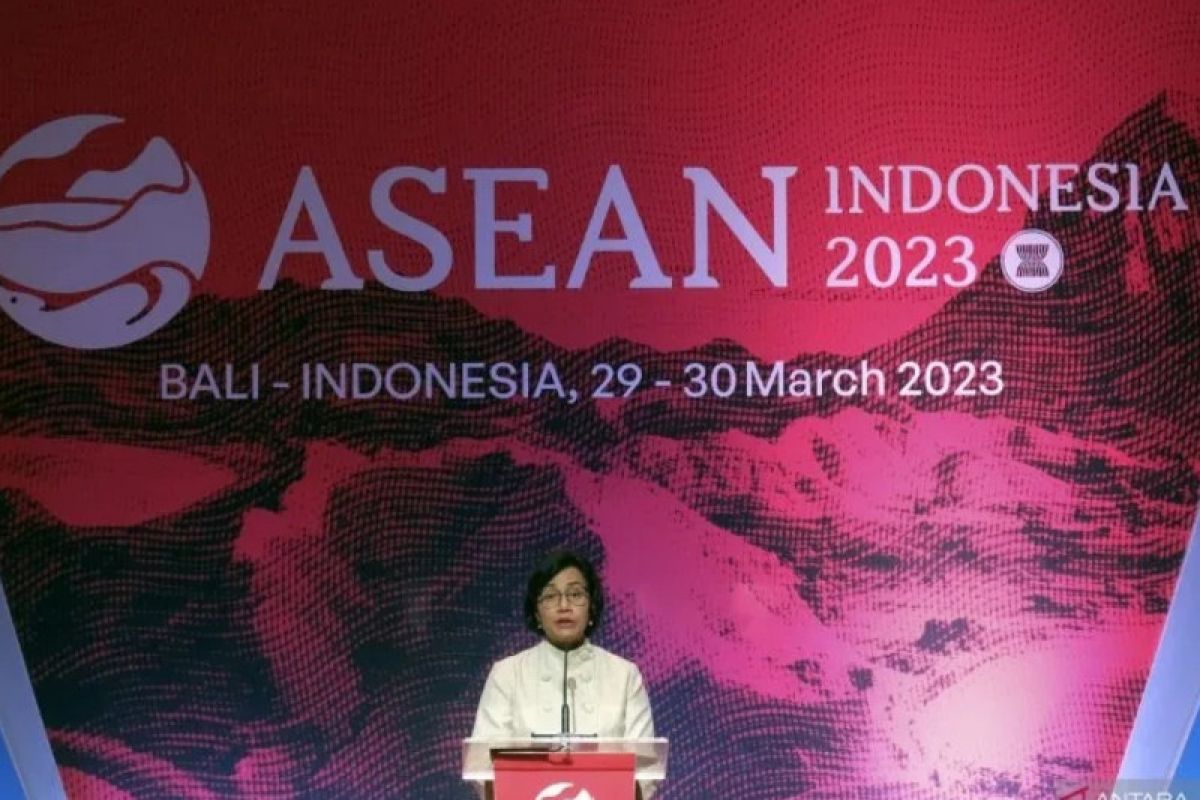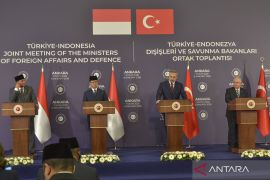Indonesia is well aware that every climate funding requirement requires a framework that can serve as a reference point for all parties.
Because of this, the Indonesian Financial Service Authority (OJK) has formulated a green taxonomy document as a guideline for green investment.
The green taxonomy can become a benchmark for other countries as part of concrete action to reduce emission.
Indonesia's green taxonomy also aligns with the ASEAN Taxonomy for Sustainable Finance (ATSF) Version 2 that had been unveiled in March 2023.
The ATSF Version 2 can accommodate the need for a more comprehensive assessment concerning how and where the contribution of coal retirement program should be placed as part of the decarbonization effort to support the Paris Agreement.
The Indonesian Government continues its efforts to meet the climate change action commitment. In this case, the government carries out its commitment with market and non-market mechanisms.
"Indonesia has issued fiscal policies to support the climate change action," she said.
These policies include the provision of tax incentive, tax holiday and removal of value added tax and import duty for actions related to the renewable energy sector and coal retirement.
Activities that produce emission are a cross border issue. Thus, the implementation of carbon market has its own complexity such as matters related to jurisdiction, claims and state parties entitled to revenue, Mulyani said.
Indonesia welcomes international support in the form of technical support, loan and donation in its development.
Earlier, during the “Ministerial Fireside Chat Seminar on Financing Transition in ASEAN” on Thursday, Mulyani said Indonesia's financing requirement for climate change handling has reached around US$281 billion.
Related news: Curbing climate change could keep global GDP from sliding: BI
Related news: Indonesia needs US$281 bln in climate change financing
Translator: Agatha O V, Fadhli Ruhman
Editor: Rahmad Nasution
Copyright © ANTARA 2023











